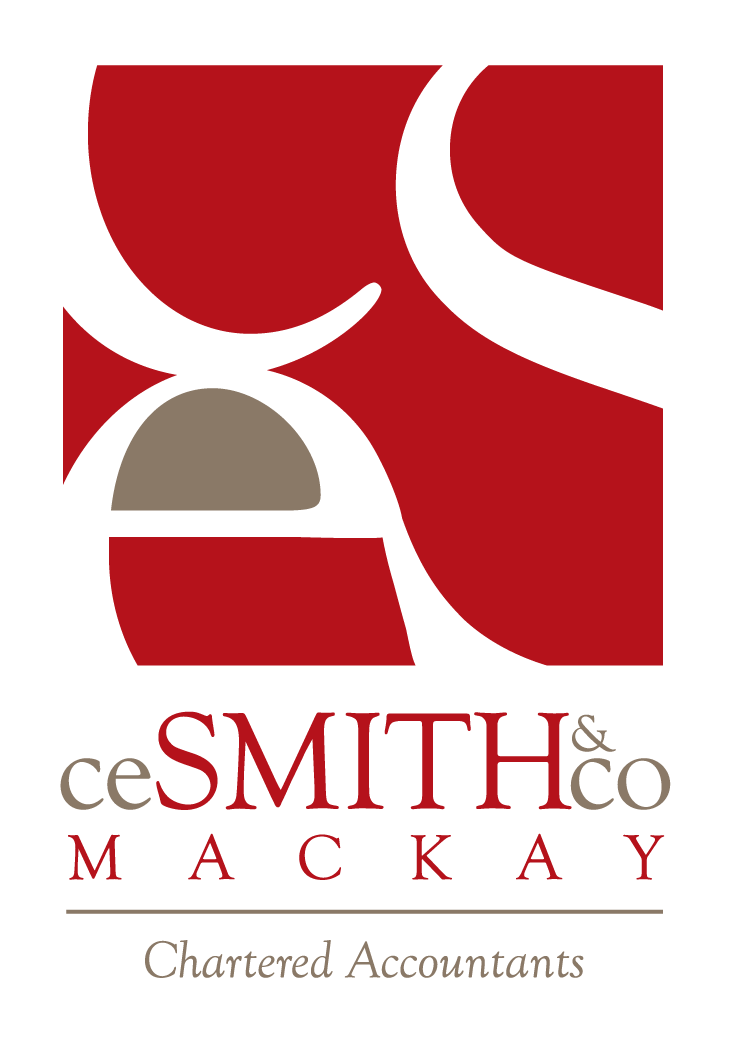What tax receipts do I need to keep?
Only the ones you want to claim as a tax deduction, might be a common response.
Work-related expenses
But that isn’t quite right, as the tax rules in fact enable you to make legitimate claims for work-related expenses for up to $300 in a financial year without having receipts, provided:
■ you have spent the money;
■ the expense is directly related to earning yourincome;
■ you haven’t been reimbursed by your employer;
■ it is not of a private or capital nature; and
■ you have a record of the expense (other than a receipt).
Work-related expenses can include, among other things, tools and small items of equipment, office supplies, union or professional association fees, uniforms and protective clothing and associated cleaning costs, newspapers and periodicals and many more.
The cost of laundering work uniforms and protective clothing can be included without having receipts for an amount of up to $150. These costs form part of the $300 deductible limit without needing receipts. However, where total work-related expenses exceed $300, it is not necessary to have receipts in relation to costs for laundering work uniforms for these expenses if they do not exceed $150. The ATO will accept a rate of $1 per load where the laundry is done at home, or half that amount when accompanied by private items. Dry cleaning costs are not included in the receipt-free $150. Minor items costing up to $10 can be claimed without a receipt, up to $200 per financial year, and are also included in the $300 limit. But again, where total work-related expenses exceed $300, it is not necessary to have receipts for these costs.
The record of the expense can be in the form of a diary that records how much you have spent, what you spent it on, how you paid for it and how it relates to earning your income. You will need to retain those records for five years.
Of course, there is nothing wrong with keeping all your receipts as you go along, just in case you unexpectedly overshoot the $300 limit later in the financial year. Where that happens, you will need receipts and invoices to substantiate your entire work-related expense claim – not just for the excess over $300.
Car expenses
Instead of keeping receipts and invoices for the actual running costs of the employment-related use of your own car, you can elect to claim on a cents per kilometre basis for up to 5,000 business kilometres. The rate you can claim is 88 cents per kilometre for the 2024-25 financial year (the maximum claim is $4,400).

